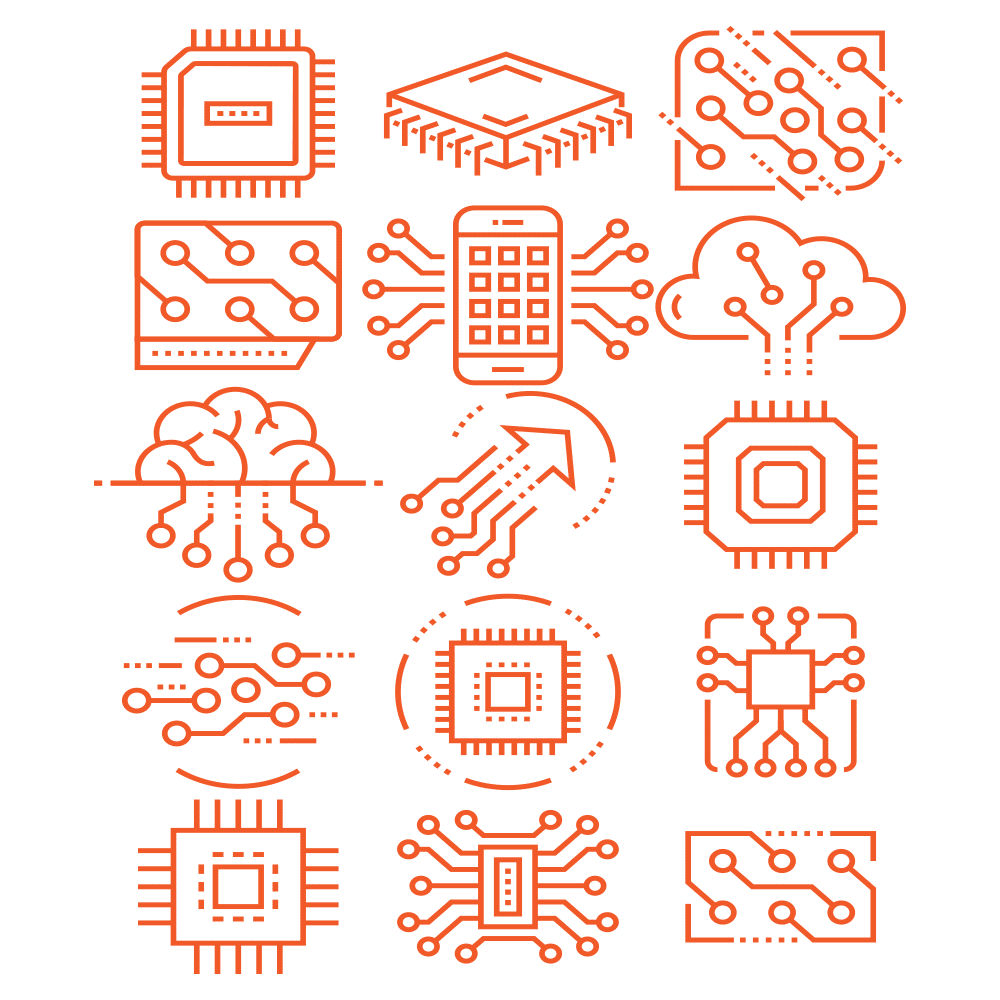Robots can be Nice to Customers Now

Customer service consists of a collective set of policies that govern every way you and your employees interact with your customers. It encompasses everything – from how much parking you have available, to how you greet customers, handle service complaints and back up your product or service. At its core, quality customer service is about making sure your customers feel they are valued, treated fairly and appreciated by your business.

When Humans are Better than Bots
According to Holger Reisinger, writer at Business 2 Community, the biggest drop in the American Customer Satisfaction Index since the mid-90s happened between 2013 and 2015. This is the same timeframe automated service kicked into high gear. The drop off suggests business need to judiciously employ AI and machine learning devices, and rely on empathetic and knowledgeable customer service agents during more complex and frustrating interactions with consumers. After all, who do you want to talk to when you have an issue: A robot with a voice or a helpful human being who has probably experienced something similar in his or her lifetime? While not all bots are bad – sure, checking the status of a shipment or balance of an account may deliver a satisfactory experience, companies with irate and customers expect to talk to a human being immediately when their concern is more complex. How do you ensure your customer service reps are ready to deal with frustrated customers?
|
AI Never Sleeps – the benefits of Robots in Customer Service
Companies reliant on large-scale customer service operations often look at ways to reduce employee headcount, improve consistency and improve the delivery of the customer experience. And an increasing number believes this can be done through chatbots and robots. Thirty-two percent of organizations plan to shift customer service from live assistance to automated service in order to improve customer service and cut costs, according to the same piece by Reisinger. Advancements in technology continue to transform customer service interactions. By 2020, IBM Watson projects more than 85 percent of all customer interactions will be handled without the need for a human agent. Automated services have picked up, giving users the much-needed ability to fulfill their regular tasks with advanced systems powered by automated solutions. Users can now book a restaurant reservation, order a pizza, book a movie ticket, hotel room and even make a clinic appointment. We have seen social media flooded with people devouring messaging apps. They are relying on messaging apps not just to communicate with their loved ones, but also to engage with brands they are curious about or familiar with. This is why AI-powered, customized, real-time messaging bot services could provide an incredible opportunity for businesses to connect with new and existing customers and build a unique revenue stream.
|